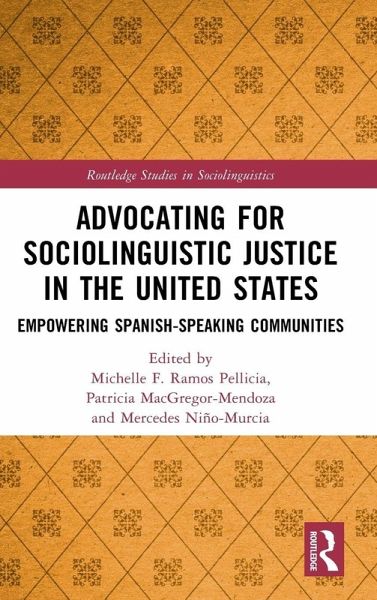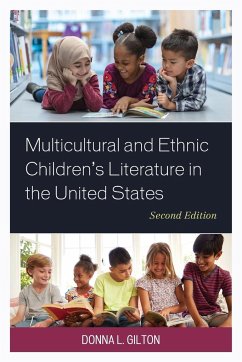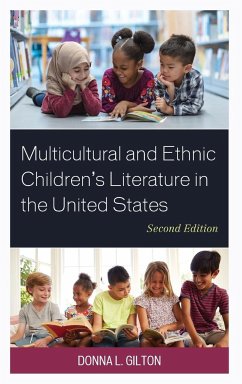
Advocating for Sociolinguistic Justice in the United States
Empowering Spanish-speaking Communities
Herausgegeben: Ramos Pellicia, Michelle F.; MacGregor-Mendoza, Patricia; Niño-Murcia, Mercedes
Versandkostenfrei!
Versandfertig in 1-2 Wochen
179,99 €
inkl. MwSt.
Weitere Ausgaben:

PAYBACK Punkte
90 °P sammeln!
This collection focuses on social awareness and critical language awareness with the goal of enlightening and empowering multilingual and multicultural communities across the U.S.Each chapter brings to light the trauma, gaps in services and misguided societal perceptions that adversely impact communities whose linguistic and cultural background and/or status as migrants place them in vulnerable situations. In doing so, the authors and editors demonstrate how an increased awareness of diverse communities' linguistic and cultural wealth can be leveraged to build strength and resilience in order ...
This collection focuses on social awareness and critical language awareness with the goal of enlightening and empowering multilingual and multicultural communities across the U.S.
Each chapter brings to light the trauma, gaps in services and misguided societal perceptions that adversely impact communities whose linguistic and cultural background and/or status as migrants place them in vulnerable situations. In doing so, the authors and editors demonstrate how an increased awareness of diverse communities' linguistic and cultural wealth can be leveraged to build strength and resilience in order to overcome physical, verbal or symbolic violence and provide remedies for inequities in educational, medical, and legal contexts.
Showcasing discussions of the intersectionality and contexts in which language, power, migration, and the cultural funds of knowledge of minoritized communities interact, this volume will be of interest to students, scholars, and educators in sociolinguistics, applied linguistics, and language education.
Each chapter brings to light the trauma, gaps in services and misguided societal perceptions that adversely impact communities whose linguistic and cultural background and/or status as migrants place them in vulnerable situations. In doing so, the authors and editors demonstrate how an increased awareness of diverse communities' linguistic and cultural wealth can be leveraged to build strength and resilience in order to overcome physical, verbal or symbolic violence and provide remedies for inequities in educational, medical, and legal contexts.
Showcasing discussions of the intersectionality and contexts in which language, power, migration, and the cultural funds of knowledge of minoritized communities interact, this volume will be of interest to students, scholars, and educators in sociolinguistics, applied linguistics, and language education.














